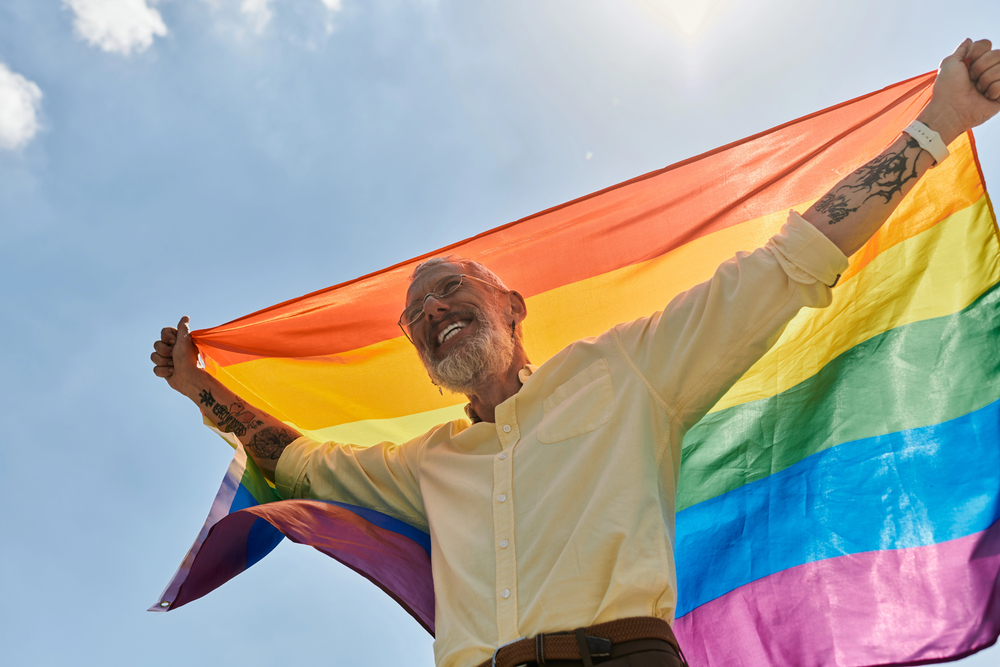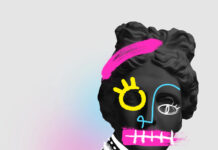A recent study in Psychology & Sexuality found that collective action may mitigate the adverse mental health effects of critical consciousness among LGBTQ+ young adults.
The research was led by Roberto L. Abreu at the University of Florida, along with colleagues Rodrigo Costa, Teresa Vazquez, and Aldo Barrita. The team surveyed 460 LGBTQ+ young adults in the United States to examine how critical consciousness, collective action, and mental health outcomes are connected across racial and gender identities.
“LGBTQ+ people with higher critical consciousness showed more depression symptoms and anxiety symptoms at low levels of private (but not overall nor public) LGBTQ+ collective action in the overall sample and in White people,” the authors write. “These findings suggest that LGBTQ+ individuals who engage in collective action within their interpersonal relationships are likely to believe that they are contributing to enacting social change, resulting in increased psychological well-being.”
While the findings suggest that private collective action can help buffer mental health risks for some groups, the same does not hold true for transgender and gender-diverse (TGD) individuals and LGBTQ+ people of color, highlighting the urgent need for mental health interventions specifically designed to address the compounded impacts of racism, transphobia, and systemic oppression.















